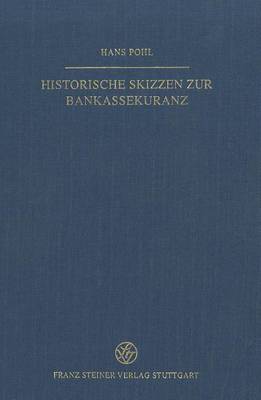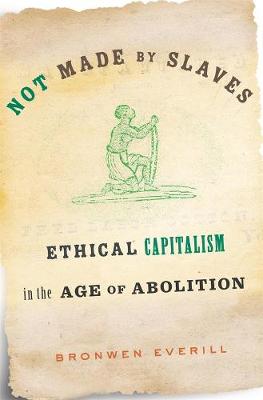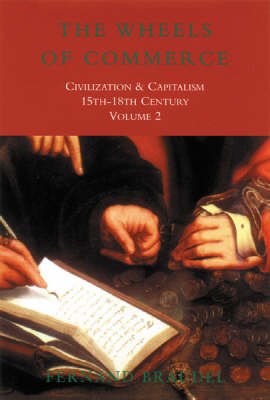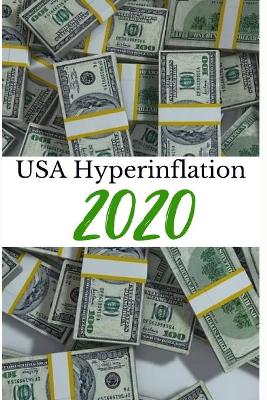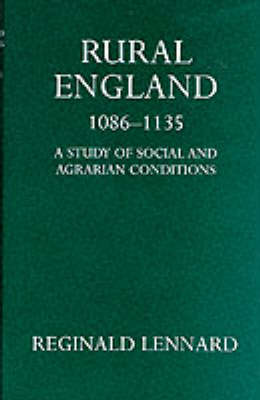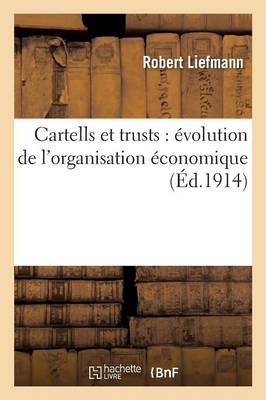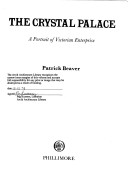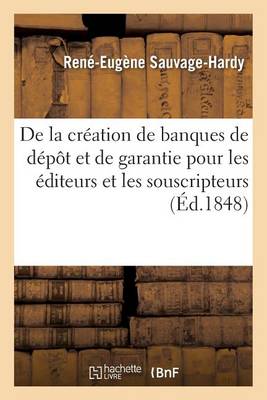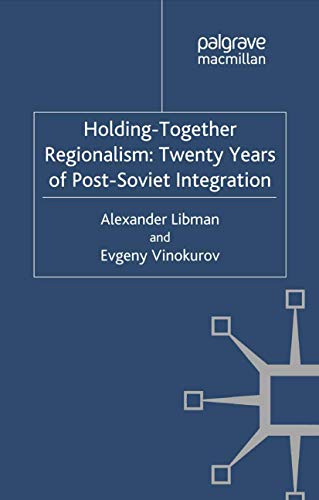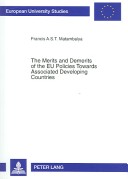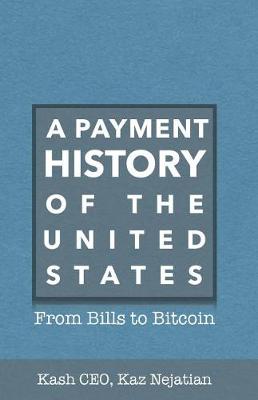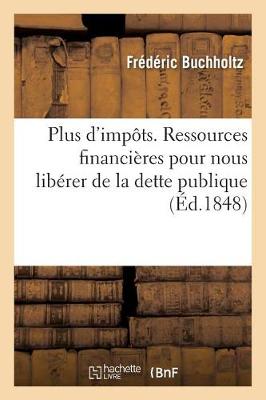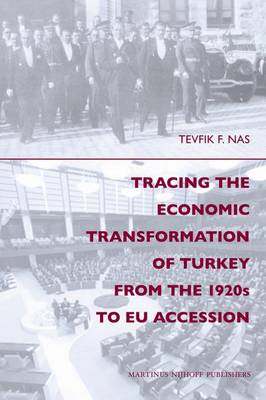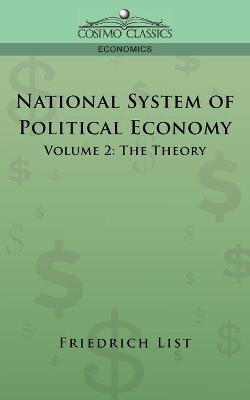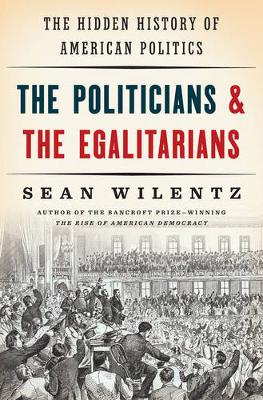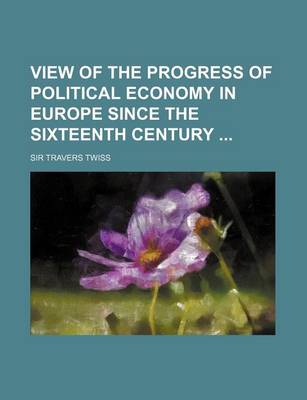How abolitionist businesses marshaled intense moral outrage over slavery to shape a new ethics of international commerce."East India Sugar Not Made By Slaves." With these words on a sugar bowl, consumers of the early nineteenth century declared their power to change the global economy. Bronwen Everill examines how abolitionists from Europe to the United States to West Africa used new ideas of supply and demand, consumer credit, and branding to shape an argument for ethical capitalism.Everill foc...
In the second volume in this splendid trilogy Braudel turns his attention to the markets and exchanges that, from the start, have been the real motors of change. Peddlers, merchants, fairs, market stalls, the first stock exchanges, means of travel and communication, styles of life and social mores all brought sharply and imaginatively into focus.
Adam Smith (1723–1790) is widely regarded as one of the great thinkers of the Enlightenment period. Best-known for his founding work of economics, The Wealth of Nations, Smith engaged equally with the nature of morality in his Theory of Moral Sentiments. He also gave lectures on literature and jurisprudence, and wrote papers on art and science. In this outstanding philosophical introduction Samuel Fleischacker argues that Smith is a superb example of the broadly curious thinkers who flourished...
Cartells Et Trusts: Évolution de l'Organisation Économique (Sciences Sociales)
by Liefmann-R
The Crystal Palace was built in Hyde Park to house the treasures of the world for the Great Exhibition of 1851. It became a microcosm of Victorian life, industry and leisure, reflecting every aspect of its age. Designed by Joseph Paxton as a temporary structure its success meant that when it closed it was moved to Sydenham and rebuilt. "... widely regarded as the most authoritative book written about the history of the famous glass Crystal Palace ... " Kentish Times
de la Création de Banques de Dépôt Et de Garantie Pour Les Éditeurs Et Les Souscripteurs (Sciences Sociales)
by Sauvage-Hardy-R-E
Holding-Together Regionalism: Twenty Years of Post-Soviet Integration (Euro-Asian Studies)
by Alexander Libman and E. Vinokurov
An in-depth analysis of one of the most important and complex issues of the post-Soviet era, namely the (re-)integration of this highly interconnected region. The book considers the evolution of 'holding-together' groups since the collapse of the Soviet Union in 1991, looking at intergovernmental interaction and informal economic and social ties.
The core of this publication is a profound research conducted from 1993 to 1997, and extended to cover relevant developments in 1998 and 1999. Using the Southern African Development Community (SADC) economies to proxy for the Southern African members of the African, Caribbean, and Pacific (ACP) group of States which are associated with the EU through the Lome Convention (LC), the study comprehensively explicates the EU-ACP co-operation in a scientific but uncomplicated manner. It presents carefu...
Plus d'Impôts. Ressources Financières Pour Nous Libérer de la Dette Publique Et Faire Face
by Buchholtz-F
Tracing the Economic Transformation of Turkey from the 1920s to Eu Accession
by Tevfik Nas
Collection of essays examining some of the crucial sectional issues between the North and South in the pre-Civil War era as well as exploring the economic history of that period.
Universities in the Service of Truth and Utility
L'Algerie Face a La Mondialisation
View of the Progress of Political Economy in Europe Since the Sixteenth Century
by Travers Twiss

